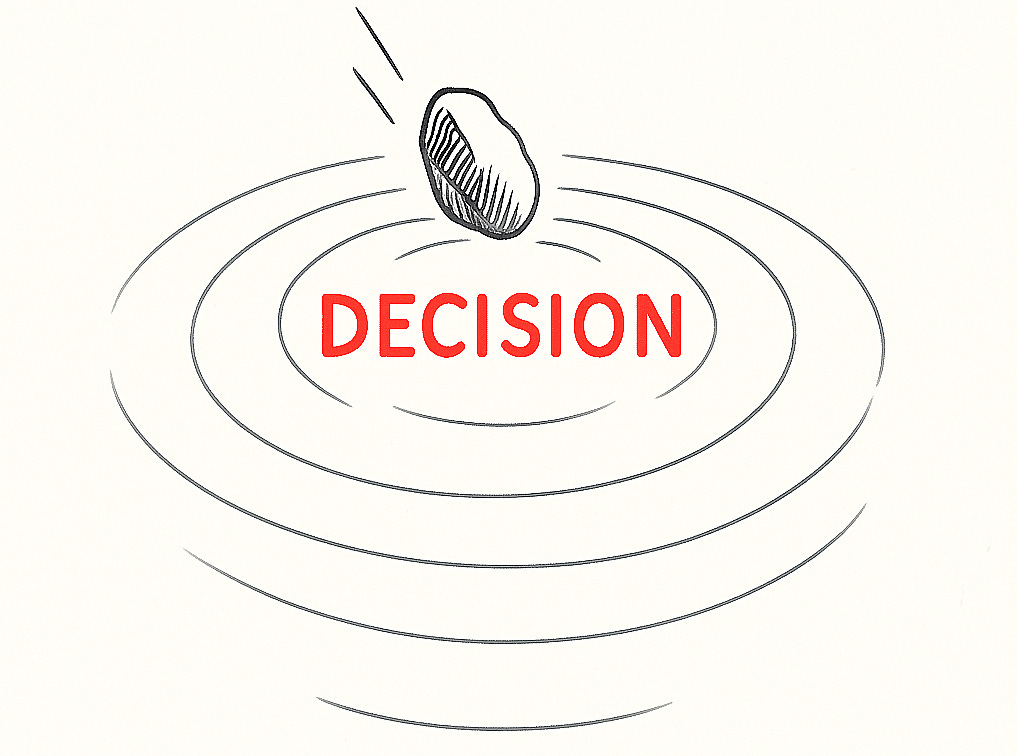Decisions as Hypotheses
Perfect decisions don’t exist — but disciplined, proactive ones do.
This left of bang leadership essay is for paying subscribers to The CP Journal.
We like to imagine that good decisions come from clarity—that if we analyze long enough or gather enough data, the “right” choice will eventually reveal itself.
But that illusion of certainty is what slows leaders down. It’s what keeps them reactive, waiting for perfect information instead of building it. The reality is, you’ll never have complete visibility. Clarity doesn’t remove uncertainty; it gives you enough understanding to act in spite of it.
That’s the lesson we wrote about in Left of Bang. The goal was never to predict the future with perfect accuracy—it was to recognize the signals that tell you when to move when you only have limited information and limited time available. Clarity was a means to act early, not an excuse to wait, because perfect decisions aren’t possible.
The same principle applies in business. Whether you’re developing a new product, choosing a strategy, or deciding who to hire, you rarely know for sure what will happen next. The leaders who win in these environments don’t wait for certainty—they make decisions that test their understanding of reality.
A decision, then, isn’t a conclusion. It’s a hypothesis. Each choice is a test of what you believe to be true about your environment and a measure of your readiness to act before the outcome is guaranteed. Sometimes you’ll be right. Sometimes you’ll be wrong. What matters is that you’re learning faster than the environment is changing.


